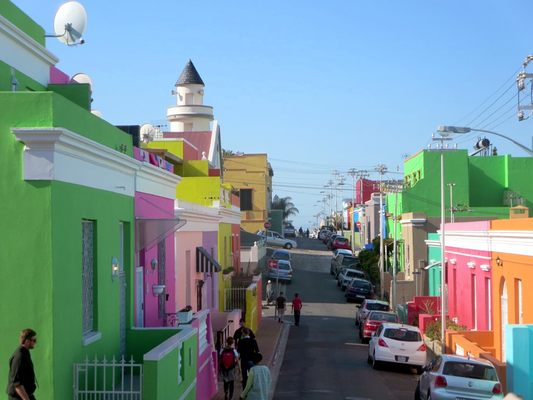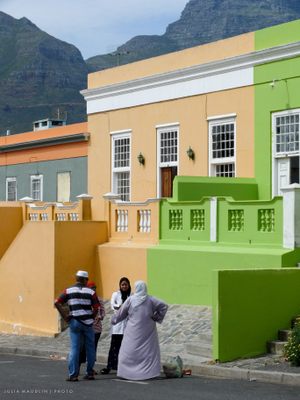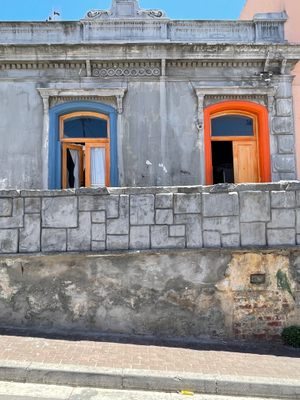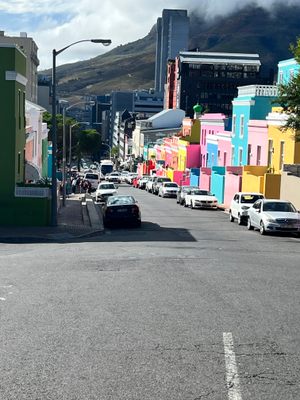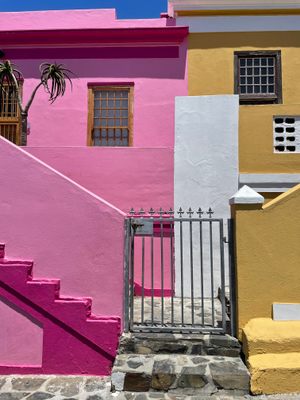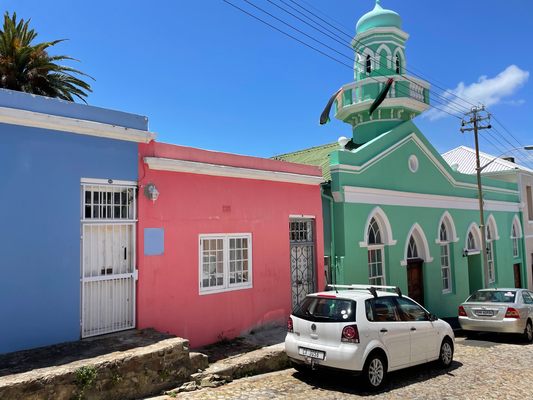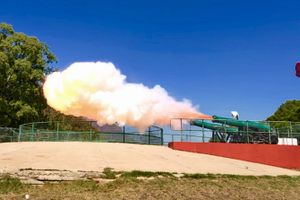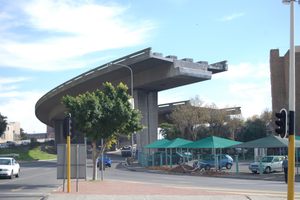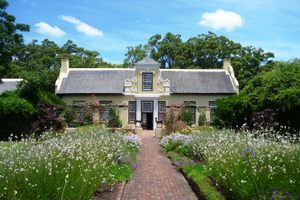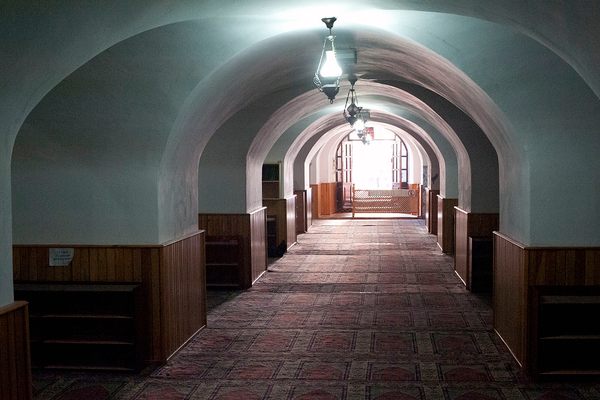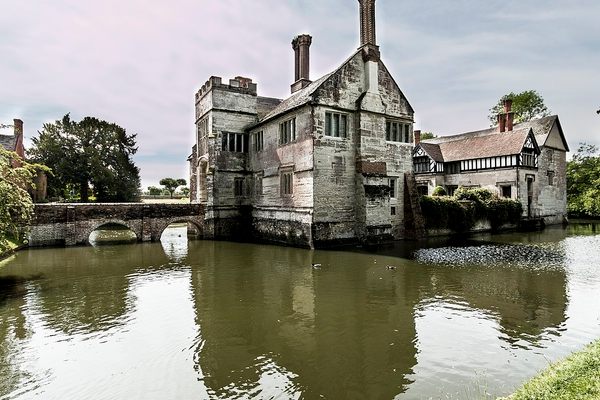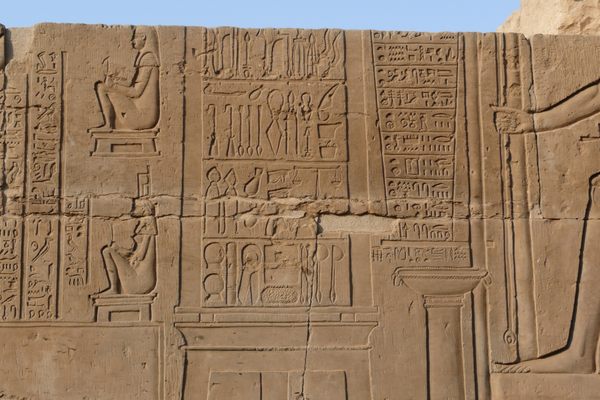About
In the 16th and 17th Centuries, the Dutch, who were occupying South Africa at the time, brought thousands of people (mainly Muslims) from Malaysia, Indonesia, and other African countries to the Cape of Good Hope as slaves.
The descendants of these Muslim-majority slaves were segregated under the 1950 apartheid law into Bo Kaap, a neighborhood designated as “Cape Muslims only.” These Muslim communities, in part for the celebrations of Eid, painted their segregated neighborhood with a riot of bright colors, qualifying it as one of the most colorful parts of the world.
From the center of Cape Town, it’s about a 10 minute walk to Bo Kaap, and you’ll know it when you arrive. One way cobbled streets weave through the vibrant one-story and two-story homes, stacked right next to each other with practically no open space between them. The colors directly overlap each other and strong lime green borders sky blue, light pink adjoins bright yellow, and pastel purple meets a full turquoise.
Unfortunately the once segregated neighborhood is in danger of losing the Muslim community that made it so colorful. Since apartheid ended in 1994, allowing non-Muslims to live in Bo Kaap, the property taxes have gone up. Unable-to-pay Muslims were forced to move out, while white South Africans eager to live in such a richly-colored neighborhood moved in. (Apparently a handful of Cape Town's non-Muslim women have also moved into Bo Kaap and converted to Islam in order to marry local Muslim men, citing their reasoning as, "they didn't drink alcohol, so they made better husbands.") Meanwhile, to counter this gentrification, activists living in Bo Kaap have emphasized cultural preservation and have been able to keep the percentage of outsiders owning Bo Kaap property at 15%, although this number is rising.
Bo Kaap is one of the most brilliantly-colored and historically-unique neighborhoods in all of South Africa. Hopefully it manages to hold onto its colorful cultural history and not just the paint job.
Related Tags
Community Contributors
Added By
Published
May 23, 2016
